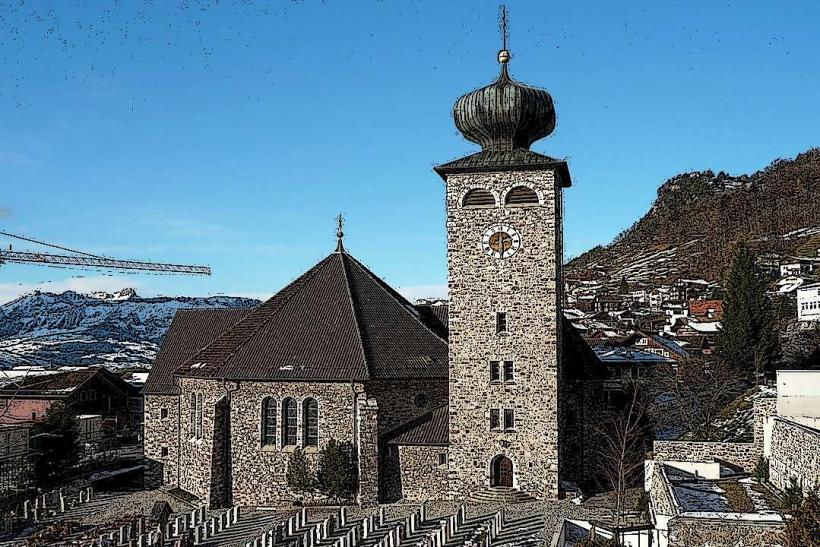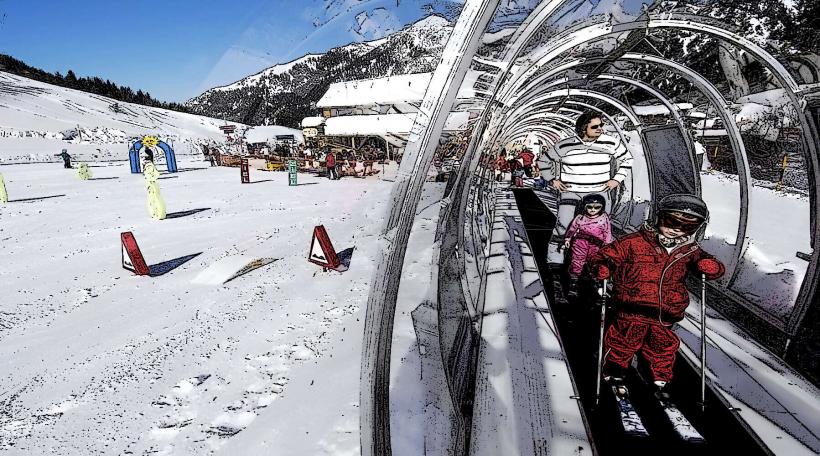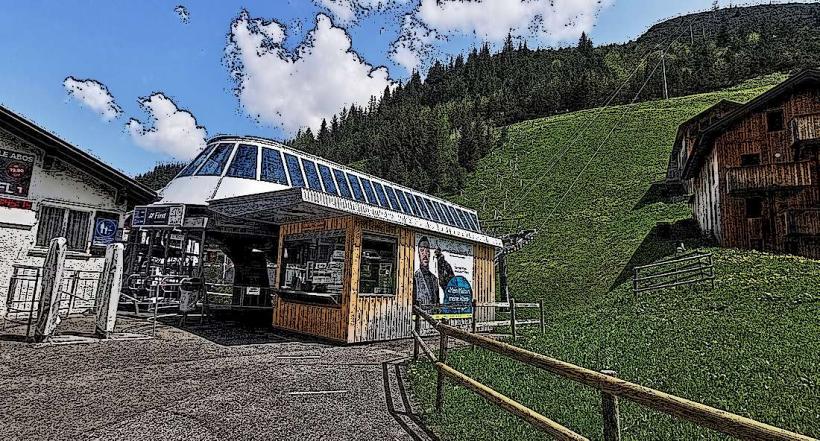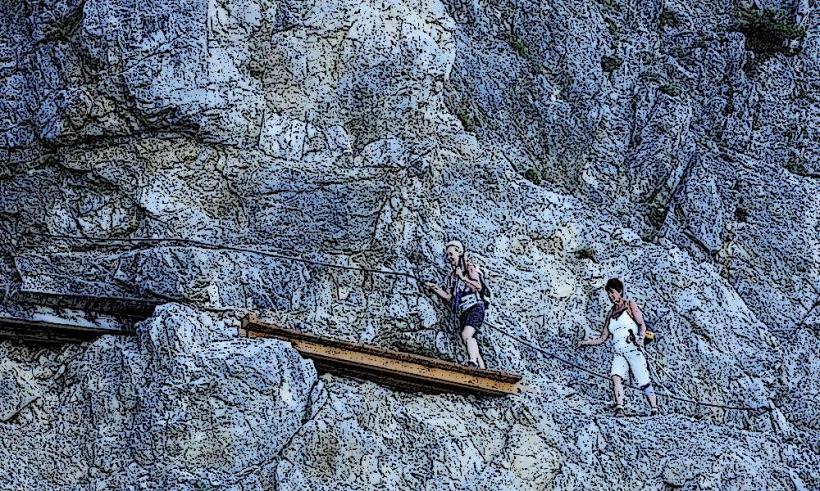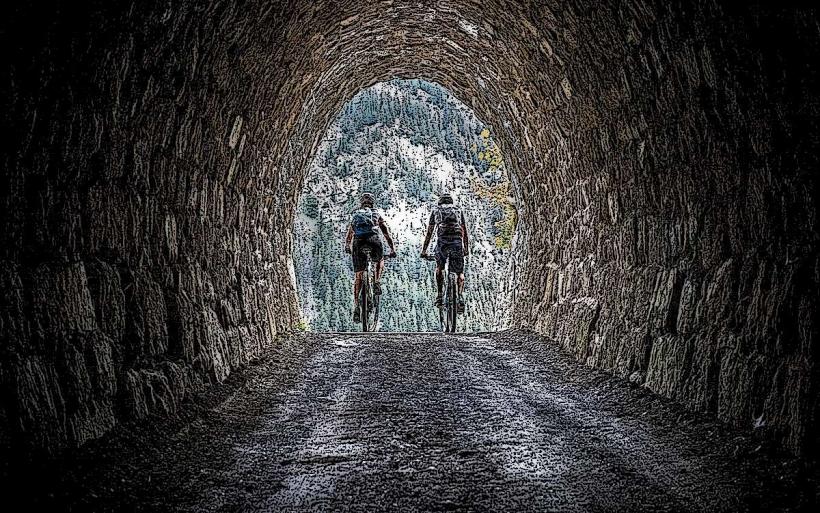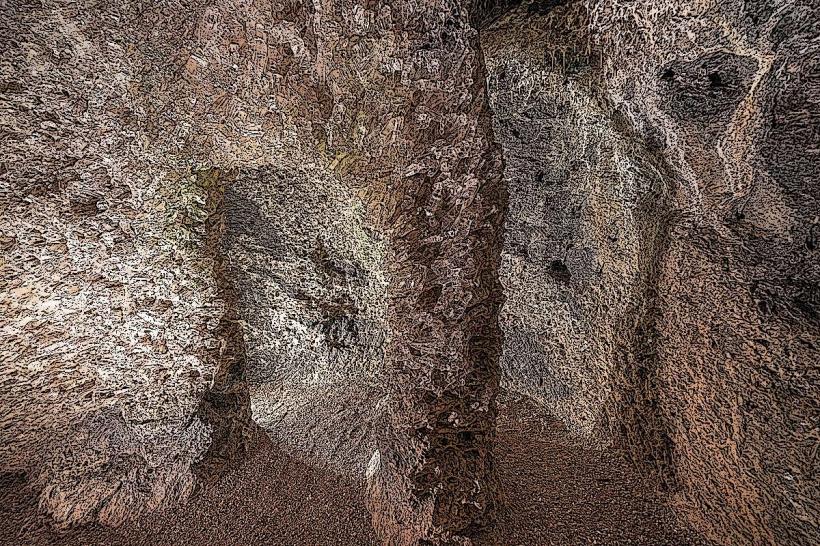Information
Landmark: Walser MuseumCity: Triesenberg
Country: Liechtenstein
Continent: Europe
The Walser Museum in Triesenberg, Liechtenstein, offers a fascinating glimpse into the culture, history, and traditions of the Walser people, an ethnic group with Alpine roots. The museum focuses on preserving the unique heritage of the Walser community, who migrated to the region during the 13th and 14th centuries.
Location
The museum is situated in Triesenberg, a picturesque village perched high above the Rhine Valley, offering stunning views of Liechtenstein's mountainous landscape. Triesenberg itself has retained many Walser traditions, making it an ideal setting for the museum.
Highlights of the Museum
1. Historical Background of the Walser People
- The museum explores the migration of the Walser people from the Valais region (modern-day Switzerland) to the high Alpine regions, including Liechtenstein.
- The Walser's adaptability to mountainous terrains and their distinct cultural identity, including language, customs, and architecture, are central themes.
2. Exhibits on Daily Life
- Traditional Costumes: Displays of the Walser people's distinctive attire, including intricate embroidery and practical designs adapted for mountain living.
- Farming Tools and Techniques: Tools and implements used in high-altitude farming, reflecting the ingenuity needed to survive in challenging environments.
- Domestic Items: Authentic furniture, cooking utensils, and household objects from past centuries.
3. Language and Folklore
- The Walser dialect, which has largely disappeared in other regions, is preserved and celebrated in Triesenberg.
- The museum features recordings and written examples of the Walser dialect, providing insights into their linguistic legacy.
- Folklore and oral traditions are highlighted, offering stories that reveal the spiritual and practical world of the Walser.
4. Architecture and Building Techniques
- Models and photographs of traditional Walser houses showcase their unique construction methods, designed to withstand harsh weather conditions.
- Timber-framed homes with steep roofs and other sustainable designs adapted to Alpine climates are key exhibits.
5. Seasonal Life and Festivities
- Exhibits detail the Walser's seasonal way of life, including the practice of transhumance (moving livestock to different pastures depending on the season).
- Traditional festivals, music, and religious practices are illustrated through artifacts and multimedia presentations.
Interactive Elements
- Guided Tours: The museum offers guided tours that provide deeper insights into the exhibits and the history of the Walser community.
- Hands-on Activities: Visitors can try weaving or other traditional crafts.
- Seasonal Workshops: Special workshops are organized to teach visitors about Walser customs, such as traditional cooking or mountain farming.
Additional Features
- Library and Archives: The museum has a small archive with books, manuscripts, and photographs documenting Walser history and traditions.
- Panoramic Views: Located in Triesenberg, the museum provides breathtaking views of the surrounding Alps and the Rhine Valley.
- Local Cuisine: After visiting the museum, many guests enjoy trying Walser-inspired dishes in local eateries nearby.
Visiting Information
- Opening Hours: The museum has specific opening hours, which vary seasonally. Check local tourism websites for up-to-date information.
- Admission Fees: The entry fee is modest, and discounts are often available for groups and families.
- Accessibility: The museum is accessible to most visitors, though some areas may require walking on uneven terrain typical of mountain settings.
The Walser Museum is not just a repository of artifacts but a living testament to the resilience and ingenuity of the Walser people. It offers a deeply enriching experience for anyone interested in cultural history and Alpine traditions.

